For residents on the Atlantic and Gulf coasts of the U.S., late summer and early fall mean the peak of hurricane season. What can we do to keep our workplaces and communities safe during these dangerous storms?
The Ready.gov website from the Department of Homeland Security reminds us that it’s not just the high winds and torrential downpours that do damage in a hurricane. Storm surge, the “water from the ocean that is pushed toward the shore by the force of the winds swirling around a hurricane,” is also a significant threat to life and property:
-
Storm surge is historically the leading cause of hurricane-related deaths in the United States.
-
[B]attering waves from surge can easily demolish buildings and cause massive destruction along the coast.
-
Storm surge undermines roads and foundations when it erodes material out from underneath them.
-
Just one inch of water can cause $25,000 of damage to your home.
The hurricane page at Ready.gov describes actions that those in impacted areas can take at 36, 18-36, and 6 hours prior to the arrival of the storm. During the storm itself, they advise that:
-
If told to evacuate, do so immediately. Do not drive around barricades.
-
If sheltering during high winds, go to a FEMA safe room, ICC 500 storm shelter, or a small, interior, windowless room or hallway on the lowest floor that is not subject to flooding.
-
If trapped in a building by flooding, go to the highest level of the building. Do not climb into a closed attic. You may become trapped by rising flood water.
-
Listen for current emergency information and instructions.
-
Use a generator or other gasoline-powered machinery outdoors ONLY and away from windows.
-
Do not walk, swim, or drive through flood waters. Turn Around. Don’t Drown! Just six inches of fast-moving water can knock you down, and one foot of moving water can sweep your vehicle away.
-
Stay off of bridges over fast-moving water.
They also review how to stay safe after the storm, including:
-
Wear protective clothing and work with someone else during clean-up.
-
Do not touch electrical equipment if it is wet or if you are standing in water. If it is safe to do so, turn off electricity at the main breaker or fuse box to prevent electric shock.
-
Avoid wading in flood water, which can contain dangerous debris. Underground or downed power lines can also electrically charge the water.
-
Save phone calls for emergencies ... Use text messages or social media to communicate with family and friends.
For complete information and a list of associated content and other resources, visit ready.gov/hurricanes.







.png?width=600&name=HSI-CTA-EmergencyCareTraining%20(1).png)











Comments